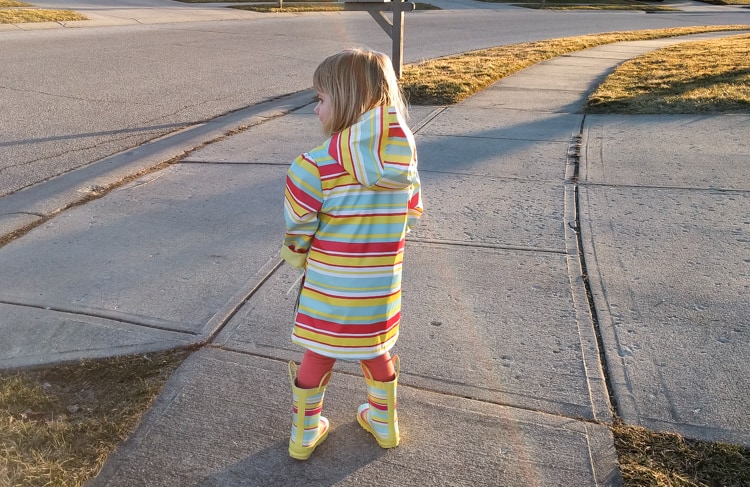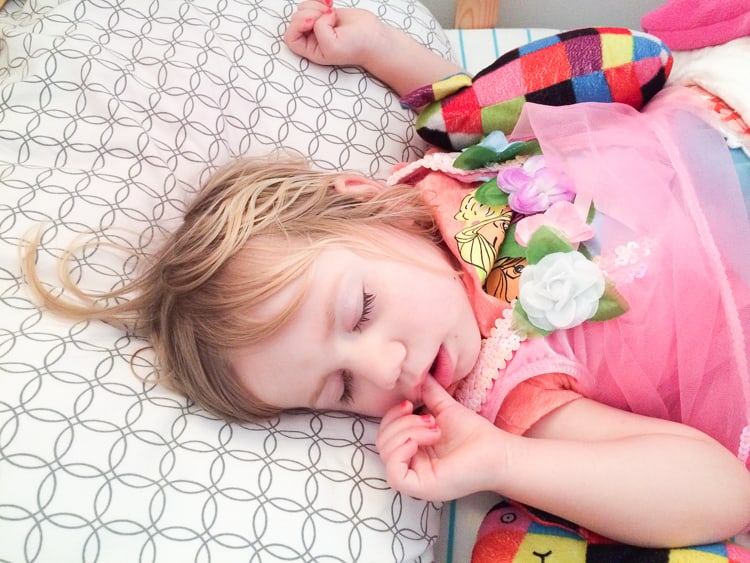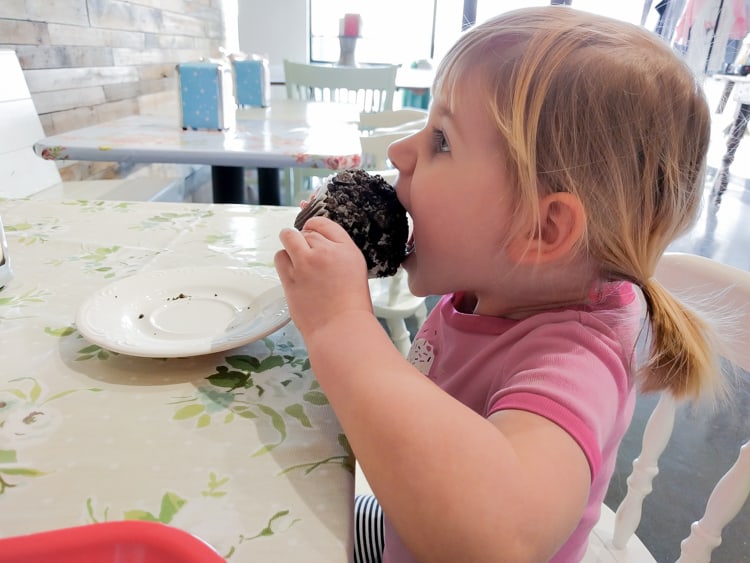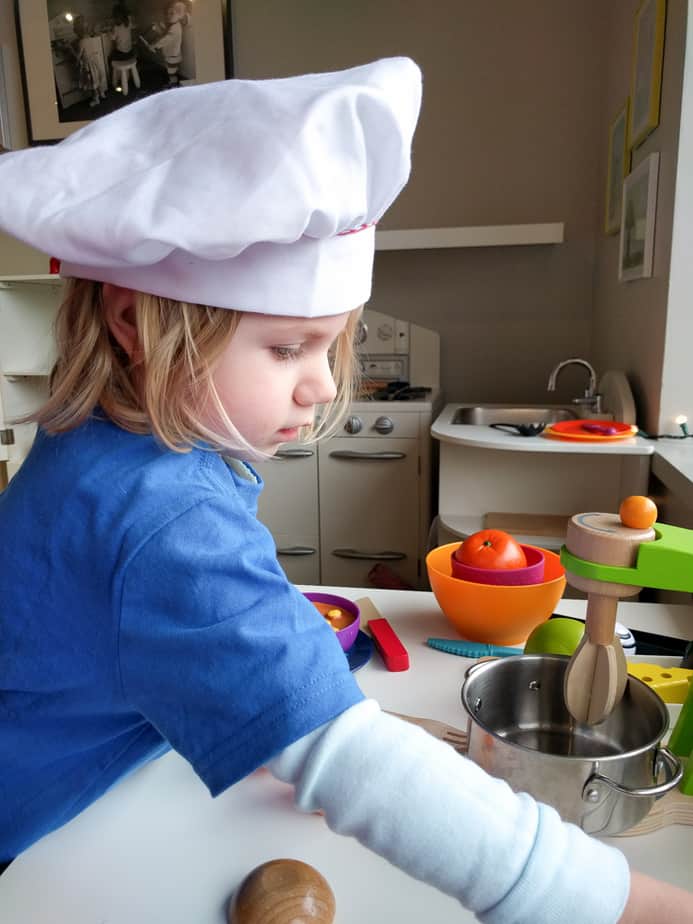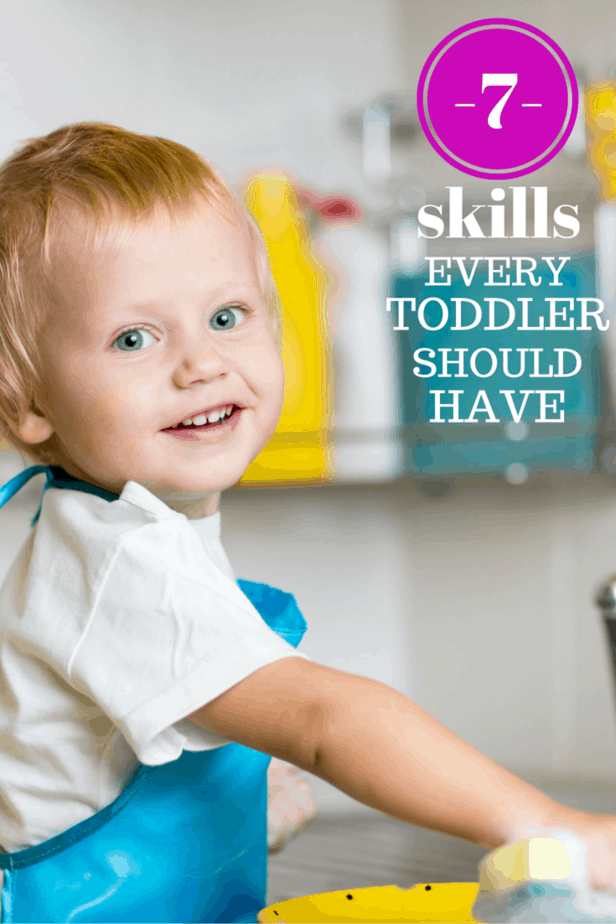In the beginning of our relationship, my husband and I talked about whether we wanted kids and how many. We both agreed two or three would be a good number for us and we can re-assess once we’re parents. It took about two years after having Sophie to be brave enough to realize I can go through another pregnancy. We’re not sure when, but we’ve decided that it is important to us to give her a sibling. Being the overly prepared Girl Scout that I am, I’ve thought endlessly about what age Sophie should be when we have our second child, what time of year I’d like to have the baby and financially what makes the most sense. My biggest concern was making sure Sophie wasn’t rushed out of being ‘the baby’. I wanted her to want to be the big helper once her sibling comes along rather than feel rejected. I’m positive she’ll feel jealous at times but spreading their ages apart makes us more confident in her approach to the new situation.
We also kept in mind the difficulty of taking care of two children who need constant supervision. I wrote down the skills that I wanted to make sure Sophie possessed before we had our second baby.
7 Skills Every Toddler Should Have
- Self Soothing- When your child is a baby, you taught him how to self sooth through the night. When they’re toddlers, they may need a refresher course on how to find their ‘happy place.’ Maybe having a calm spot to snuggle, a favorite song to sing or a blanket to hold will be what they need to settle down. Being a toddler is rough. Not knowing how to communicate feelings, or worse, not knowing why these feelings are happening is frightening. Help them to re-learn how to self sooth and you’ll both be happier.

- Mini Chores- I think mini chores are a really fun part of toddler-hood. They’re so eager to help mom and dad at this age, so let them! We often let Sophie help make dinner which results in her eating more food. She is able to chop
fruits and veggies, measure, mix and pour ingredients. For her birthday we asked for mini-tools so she helps us rake leaves and sweep the floor. Although a task may take a little longer for us to complete, it helps her see that we help each other and clean up after ourselves.
- Staying in a Designated Area- I learned the importance of this crucial skill last summer when I cut my foot while cooking in the kitchen. I was so thankful she listened when I told her to stay put because there was broken glass on the floor. It’s also important when telling our kids to stop before running into the street or to stay away from a hot oven. They’ll understand to trust us when we urge them to stay away from danger, such as entering a sleeping baby’s room.
- Self Eating- Having to feed two kids just seems like a nightmare. We’ve worked with Sophie to let us know when she’s hungry, choosing what she wants to eat and taking her dishes to the dishwasher. Having her vocalize that she’s hungry helps to prevent melt downs. She makes messes constantly but she knows to wipe up after herself or ask for help if the task is too large.

- Object Identification and Retrieval- This is most helpful when we’re trying to get out the door for school in the morning. Asking her to pick out her outfit helps her understand that she has choices and we respect her choices. Knowing how to pick up her toys and throw them in the bin before bed is a huge help and will be even more important when there is a baby taste testing everything on the floor. I’m especially looking forward to her running upstairs to grab a diaper if there aren’t any downstairs when I need to change the baby.
- Independent Play- Independent play is currently our biggest challenge. Sophie is very much like me, in that she enjoys interaction with people, at the very least being next to someone at all times. We made the difficult decision to enroll her into Montessori schooling to encourage independence on a higher level. She’s excellent at working on her own projects at school but once she is home with us she has a difficult time being alone. I’ve been suggesting reading a book or working on a puzzle before coming to do an activity with me which works about half the time. There’s a fine line between making a toddler feel rejected vs encouraging them to try something on their own.

- Self Awareness- Knowing their own strength is immensely important when it comes to physical contact between your toddler and your baby. Much like teaching a child the difference between ‘hard’ and ‘soft’ texture, you can demonstrate ‘hard’ and ‘soft’ force. Sophie is currently learning this lesson as she often knocks over her friends while hugging them too hard. We’re teaching her that it’s ok to wrestle and hug rough with family but to be gentle with friends.
How far apart are your children? What ‘big sibling’ skills are you glad you taught your oldest before having your baby?
